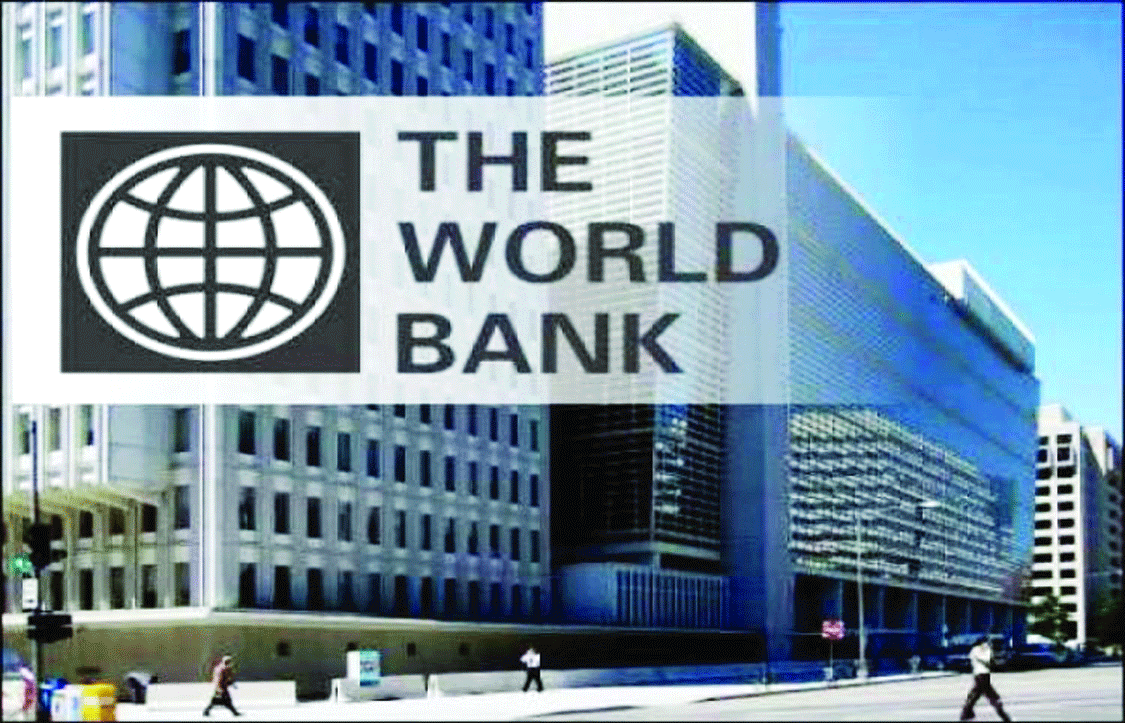The World Bank Board of Executive Directors approved two complementary loans of $500 million each to support and enhance India’s health sector. Through this combined financing of $1 billion, the Bank will support India’s flagship Pradhan Mantri-Ayushman Bharat Health Infrastructure Mission (PM-ABHIM), launched in October 2021, to improve the public healthcare infrastructure across the country. In addition to the national level interventions, one of the loans will prioritize seven states including Andhra Pradesh, Kerala, Meghalaya, Odisha, Punjab, Tamil Nadu, and Uttar Pradesh.
India’s performance in health has improved over time. According to World Bank estimates, India’s life expectancy—at 69.8 in 2020, up from 58 in 1990—is higher than the average for the country’s income level. The under-five mortality rate (36 per 1,000 live births), infant mortality rate (30 per 1,000 live births), and maternal mortality ratio (103 per 100,000 live births) are all close to the average for India’s income level, reflecting significant achievements in access to skilled birth attendance, immunizations, and other priority services.
Despite these advances in the health of the Indian population, COVID-19 has underscored the need for revitalizing, reforming, and developing capacity for core public health functions, as well as for improving the quality and comprehensiveness of health service delivery.
The two loans, Public Health Systems for Pandemic Preparedness Program (PHSPP) and Enhanced Health Service Delivery Program (EHSDP), are designed to be complementary and transformational in impact, supporting the Government of India’s reform agenda to accelerate universal coverage, improve quality, and increase the resilience and preparedness of India’s health system.
The PHSPP will support the government’s efforts to:
- prepare India’s surveillance system to be ready to detect and report epidemics of potential international concern, ensure rapid response, and prevent emergence of pathogens;
- enhance India’s capacity to detect pathogens, including zoonotic diseases, to inform India’s bio-security response and commercialization of new technologies to prevent, detect or treat infectious diseases; and
- strengthen coordination and build institutional capacity of core public health institutions to implement the program and deliver high-quality results.
The EHSDP will support Government’s efforts to:
- strengthen service delivery through a redesigned primary health care model, which includes improved household access to primary healthcare facilities, stronger links between each household and its primary care facility through regular household visits and risk assessment of noncommunicable diseases;
- improve quality of care by supporting the National Quality Assurance Standards certification across Health and Wellness Centres (HWCs), implementing measurement tools for quality of care, including patient experience, and strengthening the health workforce by adopting state-specific human resource strategies for public health care facilities; and
- transform health sector governance and accountability by strengthening implementation capacity, enhancing performance measurement and rewards at the district level, and fostering learning and knowledge exchanges among states.
Both the PHSPP and the EHSDP utilize the Program-for-Results financing instrument that focuses on achievement of results rather than inputs. Both the PHSPP and EHSDP loans from the International Bank for Reconstruction and Development (IBRD) have a final maturity of 18.5 years including a grace period of 5 years.
